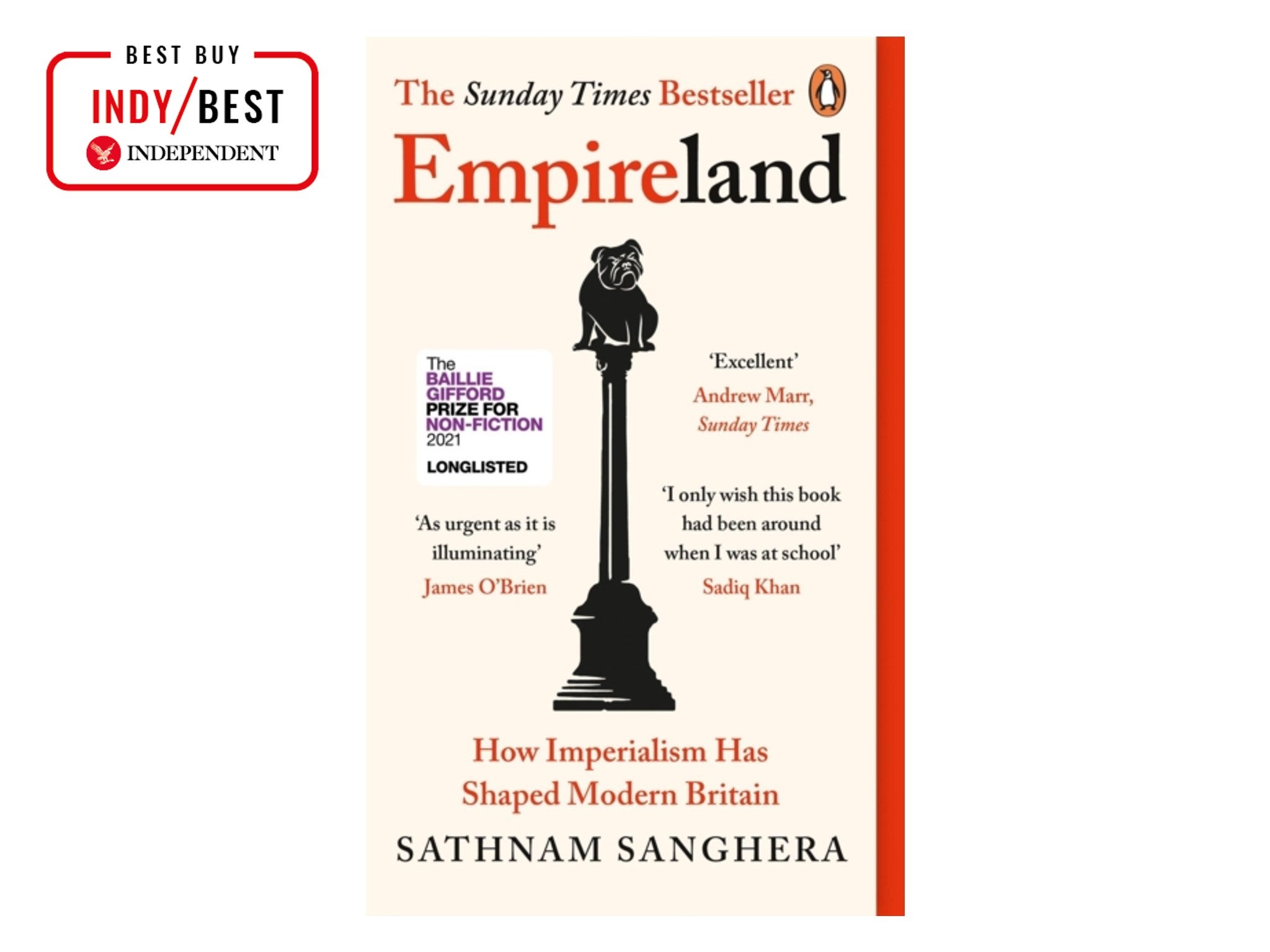
The Independent's journalism is supported by our readers. When you purchase through links on our site, we may earn commission. Why trust us?
7 best non-fiction books of 2021: Explore historical titles, self-help and more
From ‘Some Body to Love’ to ‘The Transgender Issue’, inspire your reading list with these impactful tomes
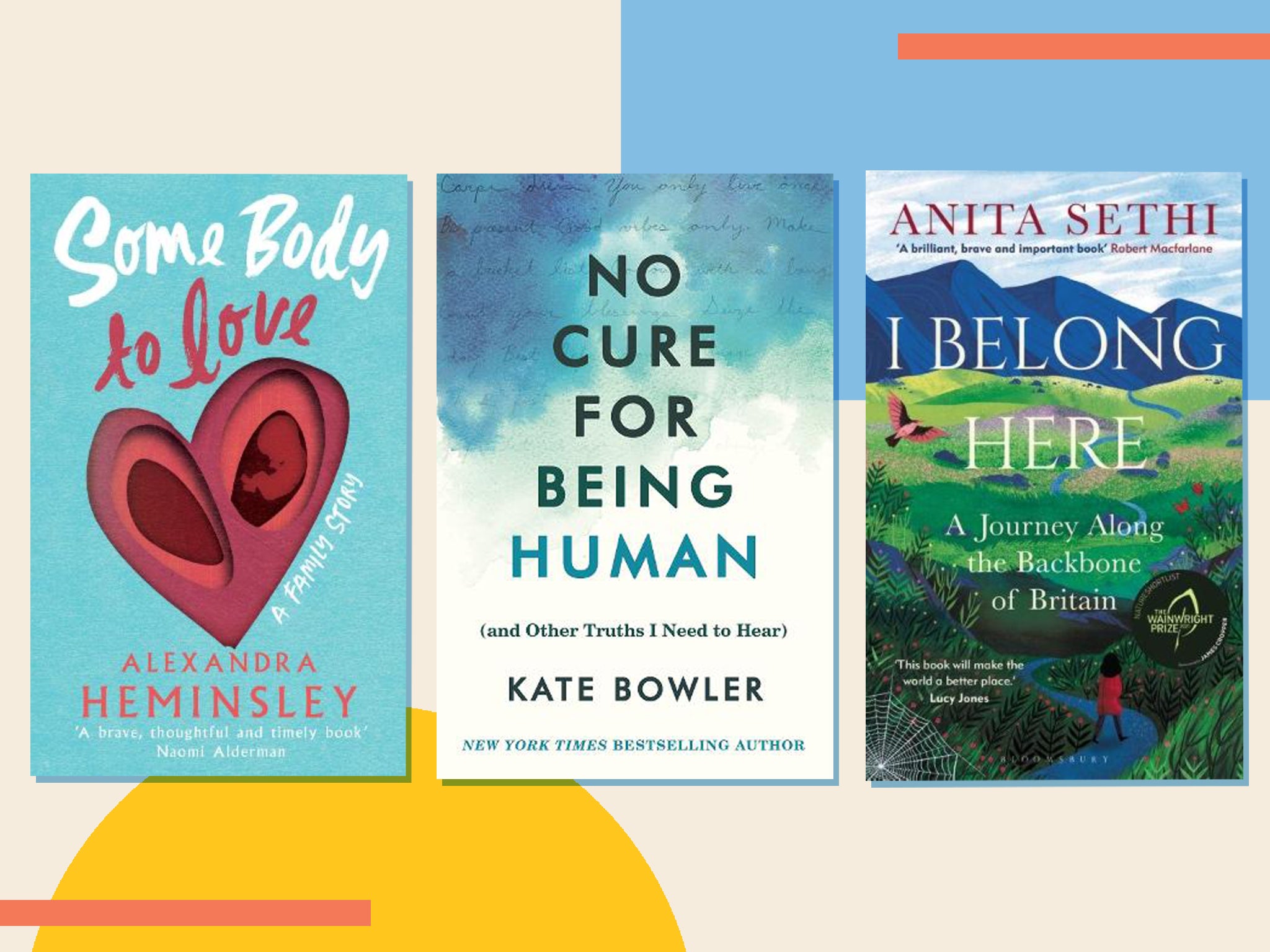
 ‘Empireland: How Imperialism Has Shaped Modern Britain’ by Sathnam Sanghera, published by PenguinRead review£8
‘Empireland: How Imperialism Has Shaped Modern Britain’ by Sathnam Sanghera, published by PenguinRead review£8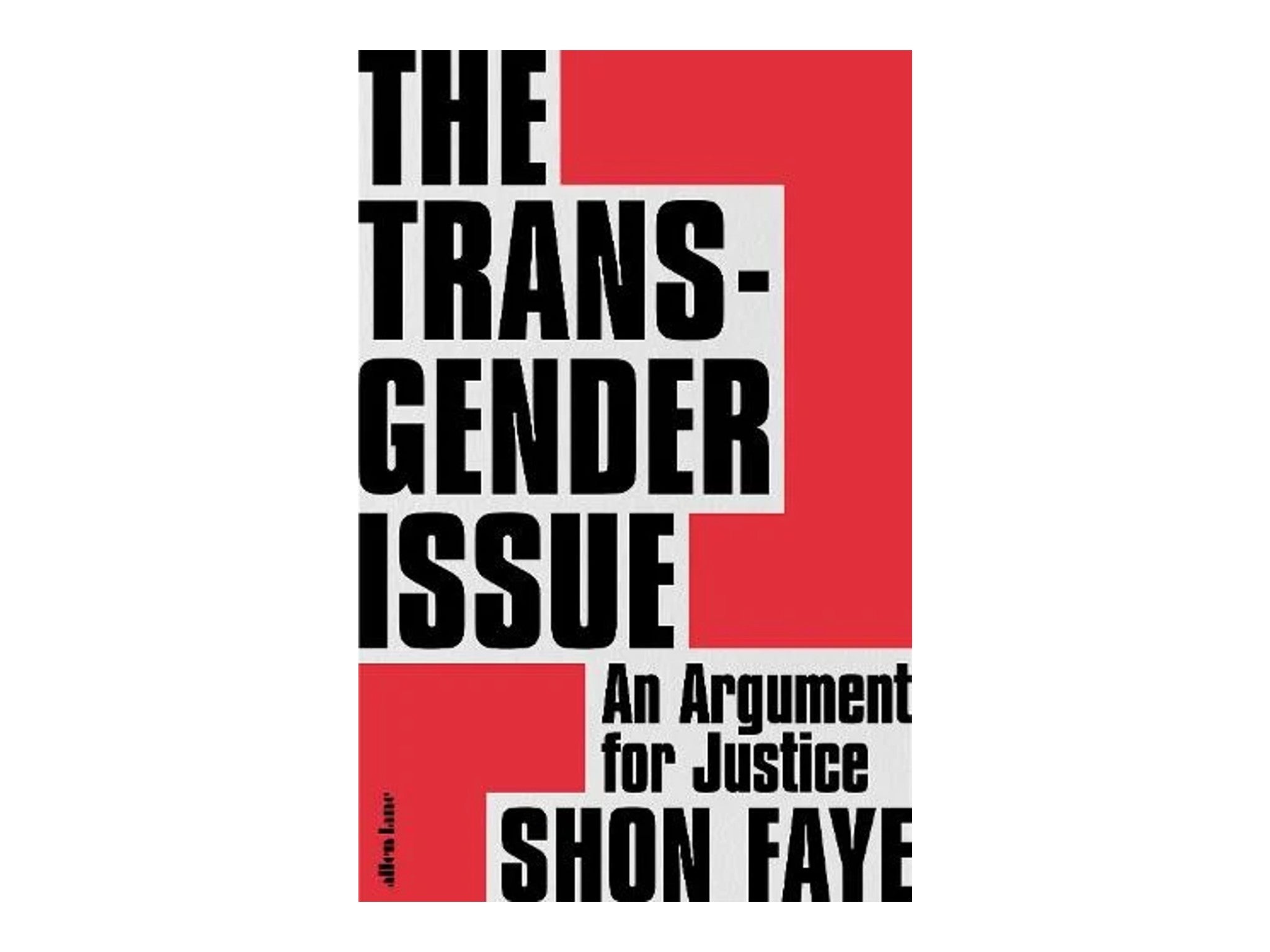
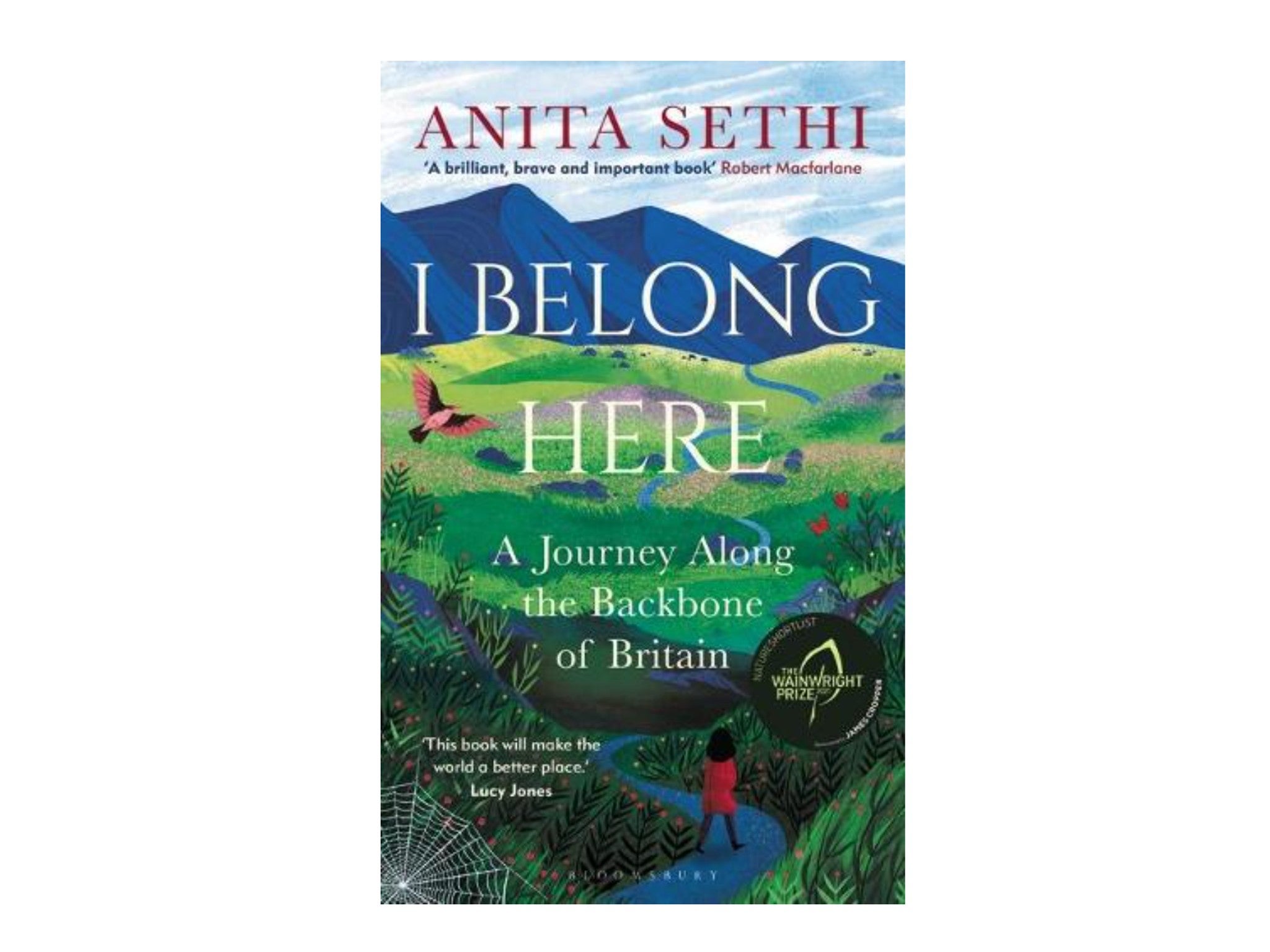 ‘I Belong Here: A Journey Along the Backbone of Britain’ by Anita Sethi, published by BloomsburyRead review£8
‘I Belong Here: A Journey Along the Backbone of Britain’ by Anita Sethi, published by BloomsburyRead review£8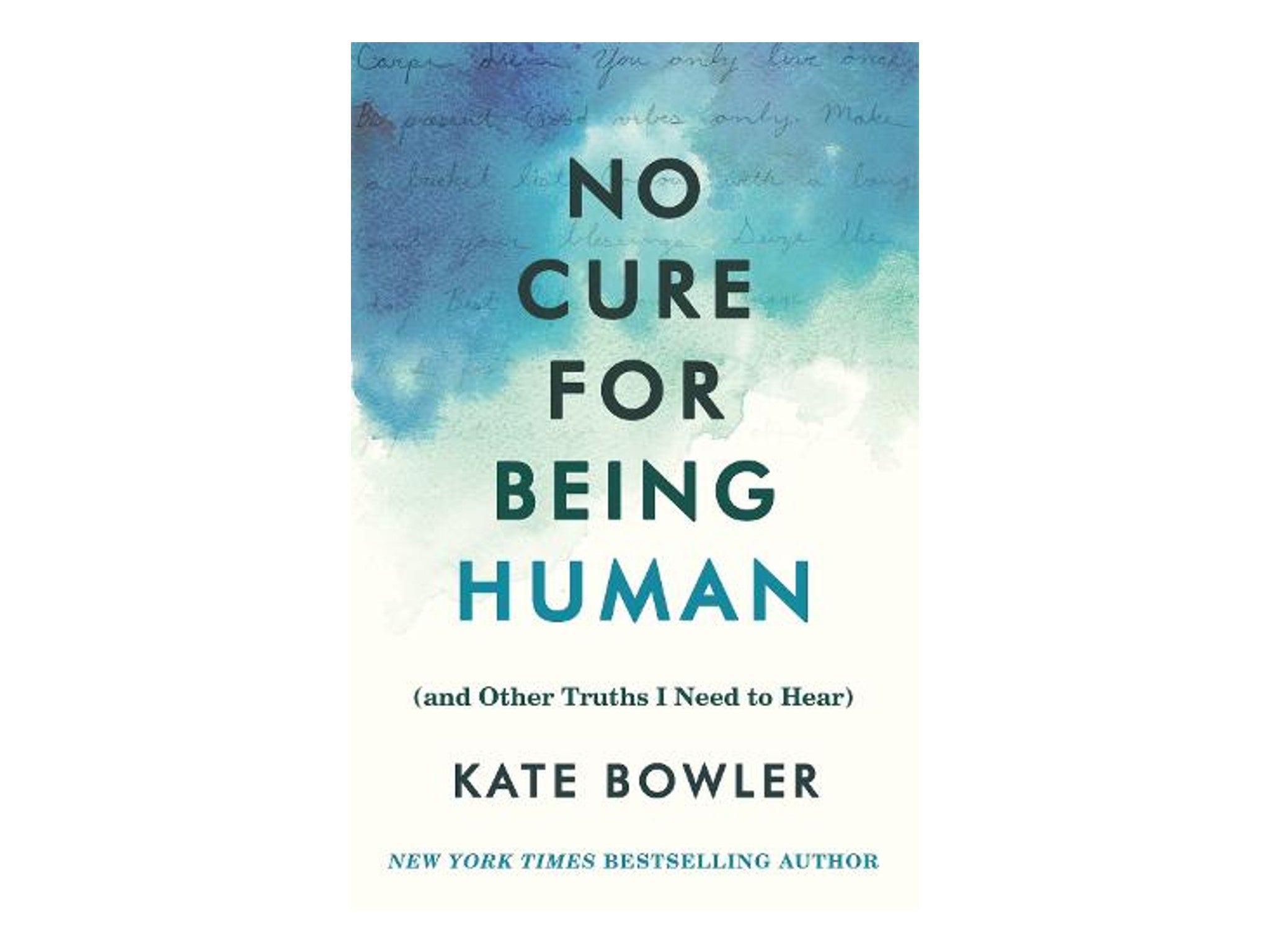
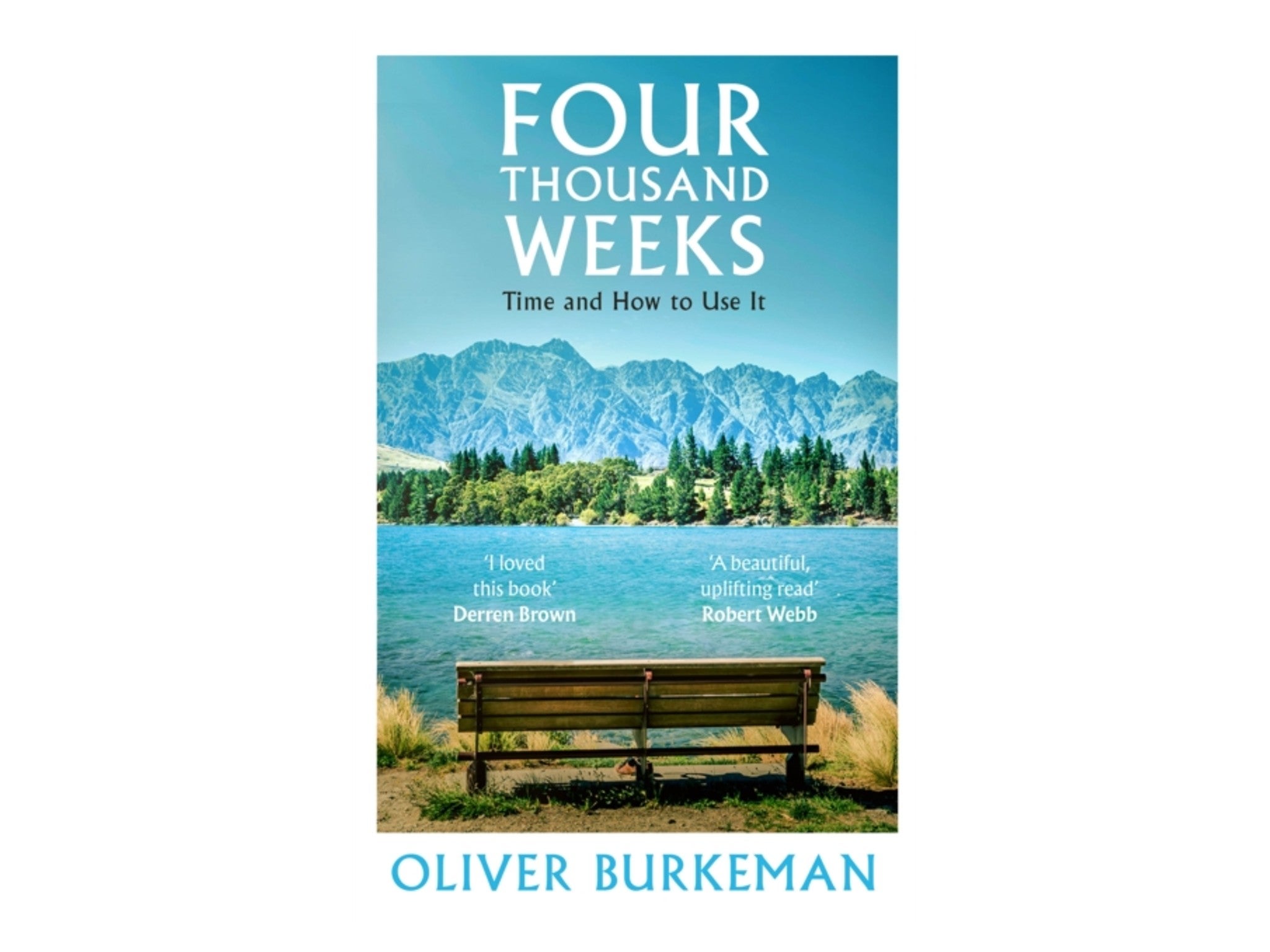 ‘Four Thousand Weeks: Time and How to Use It’ by Oliver Burkeman, published by VintageRead review£12
‘Four Thousand Weeks: Time and How to Use It’ by Oliver Burkeman, published by VintageRead review£12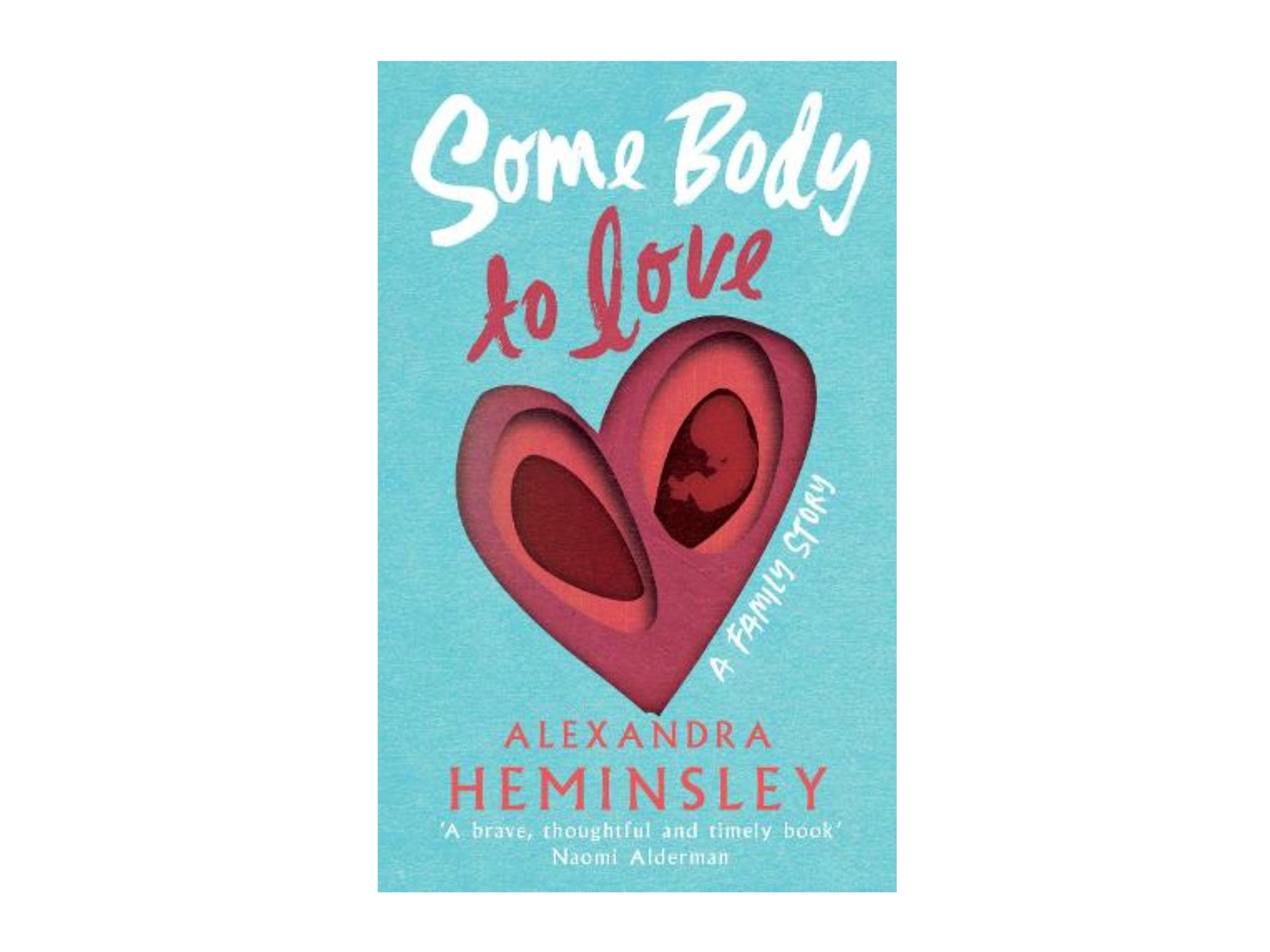
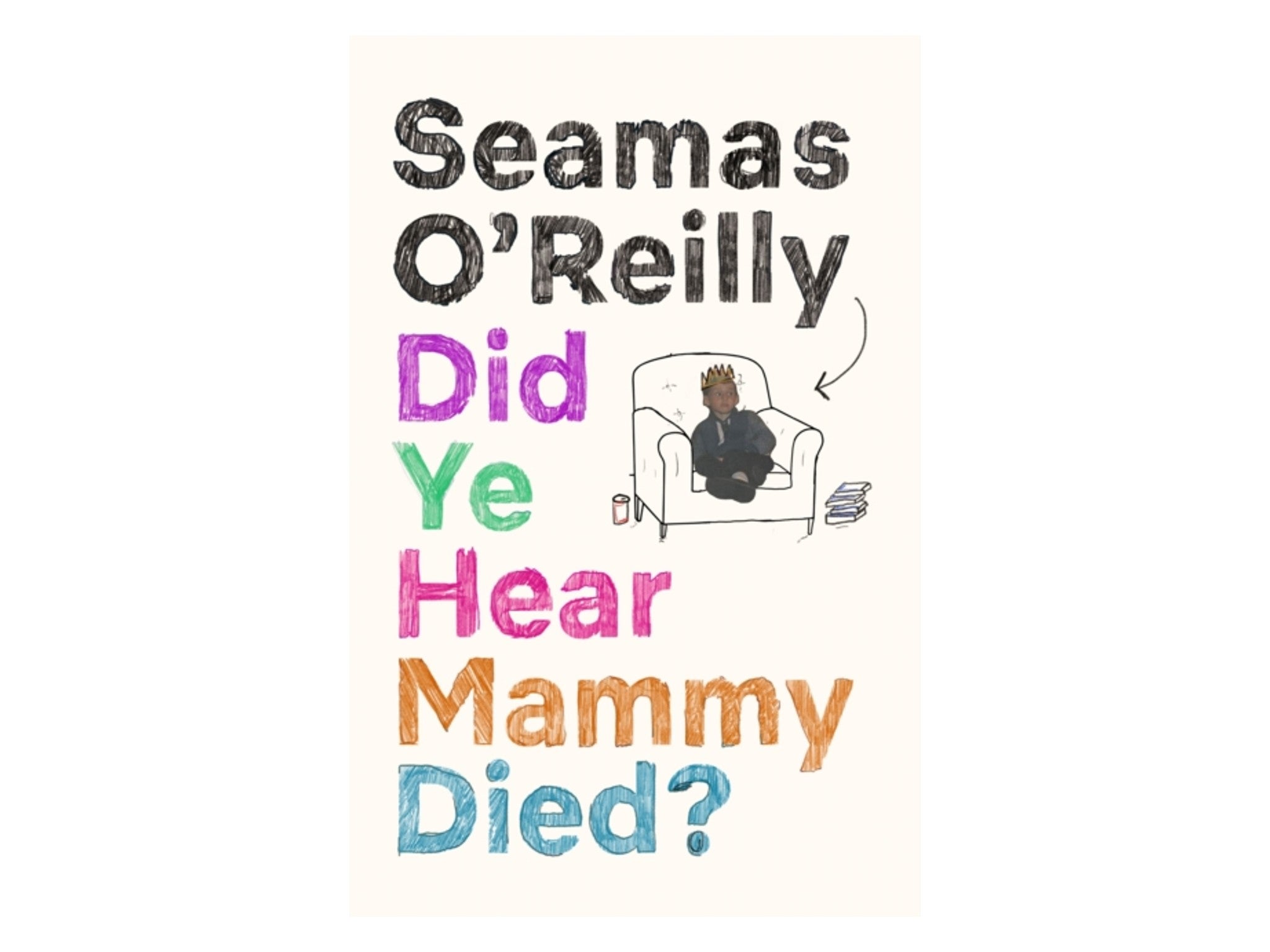
Having spent much of the past two years living alone or in small groups with limited social contact, it’s not surprising that so many of us have been desperate to hear stories from others. That’s why we’ve rounded up some of 2021’s best non-fiction writing.
This year has seen breakthrough work examining the landscape for Britain’s trans, Black, and Asian communities, as well as some compelling memoirs, notably Ruth Coker Burks’s Aids history, All The Young Men, theatre critic Arifa Akbar’s memoir about her sister, Consumed, and the novelist Kate Mosse’s memoir of caring for her parents, An Extra Pair of Hands.
How we sleep and use our time and resources have been the subjects of excellent investigations, with Otegha Uwagba’s We Need to Talk About Money shining light on financial shame, and Tom Rasmussen’s examination of marriage, First Comes Love, which turns the institution inside out.
How we tested
When compiling our list, we considered not only what writers were doing remarkable things in their field, but what impact their books had and would have in the months and years to come. And most of all, they need to be fantastic to read.
If you’re looking for escapism, then head to our list of best fiction books of 2021, otherwise settle in for our pick of the very best in memoir, travel, journalism, commentary and analysis – with the odd self-help book for good measure. (Don’t worry, it’s a good ‘un.)
Here are our winners.
The best non-fiction books of 2021 are:
- Best history book – ‘Empireland: How Imperialism Has Shaped Modern Britain’ by Sathnam Sanghera, published by Penguin: £8.95, Hive.co.uk
- Best analysis – ‘The Transgender Issue’ by Shon Faye, published by Penguin: £18.60, Bookshop.org
- Best travelogue – ‘I Belong Here: A Journey Along the Backbone of Britain’ by Anita Sethi, published by Bloomsbury: £8.49, Waterstones.com
- Best for philosophy – ‘No Cure For Being Human’ by Kate Bowler, published by Ebury: £13.94, Bookshop.org
- Best for self-help – ‘Four Thousand Weeks: Time and How to Use It’ by Oliver Burkeman, published by Vintage: £12.69, Hive.co.uk
- Best memoir – ‘Some Body to Love’ by Alexandra Heminsley, published by Vintage: £14.99, Waterstones.com
- Best for humour – ‘Did Ye Hear Mammy Died?’ by Séamas O’Reilly, published by Penguin: £6.99, Hive.co.uk
‘Empireland: How Imperialism Has Shaped Modern Britain’ by Sathnam Sanghera, published by Penguin

Best: History book
Rating: 10/10
Categorising Sanghera’s book as history feels like a massive undersell. It’s also memoir, journalism, commentary on how we live now by examining how we lived then, and a book that achieves the crucial distinction of being important without being inaccessible.
As a columnist for The Times, a memoirist, and a popular tweeter, Sanghera has had plenty of experience of reader blindness over Britain’s non-white citizens, and their distaste for America and its racist history, despite the British Empire being “one of the biggest white supremacist enterprises in the history of humanity”. One could only wish more people read this engaging book, not just to better understand our country’s history, but to finally put to bed that awful question, “Where are you from really?”
‘The Transgender Issue’ by Shon Faye, published by Penguin

Best: Analysis
Rating: 10/10
With so much being written about transgender people at the moment, largely by people who are not trans, it feels eerily as though we are going through a trans iteration of the “gay panic” of the Eighties and Nineties. In this compelling book, Faye discusses the issues facing the less than 1 per cent of Britons who are trans – among them poverty, discrimination, lack of access to health care, and not being allowed to just get on and live in peace – while dismantling “bathroom panic” and other myths monstering the trans community.
A former lawyer and journalist, Faye employs a deliberately even tone in contrast to the hysteria commonly seen on Twitter and in newspapers. And while she doesn’t centre herself in the book, her experience is valuable and fascinating – not least because trans people are rarely given the platform that the bathroom warriors so often enjoy, unless it’s to defend their right to exist at all.
‘I Belong Here: A Journey Along the Backbone of Britain’ by Anita Sethi, published by Bloomsbury

Best: Travelogue
Rating: 9/10
After being racially abused on a train, Anita Sethi sought to walk along the Pennines as an act of reclamation, while thinking about her identity. Her newfound interest in walking led her to beauty and newness while trying to remove the ugliness of the train incident. This proved to be traumatic, stirring up memories of many similar incidents that she, and others, have endured. Being in nature gives her a quiet space to think and reclaim her right to be there.
Sethi’s book is part of an initiative shown by British organisations such as Ebony Horse Club, The Urban Equestrian Academy, and Black Girls Hike, all providing safe access to countryside enjoyment that might otherwise be out of reach.
‘No Cure For Being Human’ by Kate Bowler, published by Ebury

Best: For philosophy
Rating: 8/10
Bowler was a divinity professor at Duke University in North Carolina and mother to a young son when, at 35, she was diagnosed with stage four cancer. She explored the aftermath of her diagnosis and loathing of self-help culture in a hit op-ed in the New York Times which turned into a bestselling book, and a popular interview podcast called Everything Happens (the “for a reason” of that epithet is firmly crossed out).
This book examines society’s obsession with self-improvement and asks what it takes to simply exist and be happy with that. Bowler, currently living with incurable cancer, is a dry, witty, and compassionate writer and her book is a balm for the prickly soul.
‘Four Thousand Weeks: Time and How to Use It’ by Oliver Burkeman, published by Vintage

Best: Self-help book
Rating: 8/10
We’ve never been as acutely aware of time passing as during the past two years: working from home, increased stress and illness are not a good combination for achieving a “flow” state. But this book isn’t yet another invitation to rise at 4am and perform an absurdly complex morning routine before taking over the world.
Instead, Burkeman lays out a compelling argument for why we should be doing less and doing it better. Four thousand weeks is how long he estimates we have in each lifetime, which seems incredibly short when you see it written down. This comforting book is filled with sensible, practical ideas of how to make the most of those weeks.
‘Some Body to Love’ by Alexandra Heminsley, published by Vintage

Best: Memoir
Rating: 8/10
Heminsley’s first memoir, Running Like A Girl, has influenced a generation of runners who didn’t believe they could until they did. Her second, Leap In, saw her learning how to sea swim as a way of dealing with IVF treatment. This third instalment packs in several jaw-dropping experiences that Heminsley writes about lovingly and thoughtfully in clear, engrossing prose.
First, her IVF clinic believing they had mixed up embryos meaning she might be carrying someone else’s child. Then, being sexually assaulted on a train while pregnant, and her pregnancy being used against her in court as a reason for why she may not remember the incident accurately. And then her long-term partner coming out as trans, and the couple having to negotiate how they parent and live. This is a kind and generous book about what it means to live in a woman’s body and the questions you ask yourself along the way.
‘Did Ye Hear Mammy Died?’ by Seamas O’Reilly, published by Penguin

Best: For humour
Rating: 9/10
O’Reilly found global fame, and a column in The Observer, after a Twitter thread detailing how he once met the president of Ireland while on ketamine went viral. This memoir about his Nineties upbringing in a grief-stricken household in rural Derry with his father, widowed when O’Reilly was five, and 10 siblings was gloriously well-written and funny. Fans of Channel 4 sitcom Derry Girls will be brought in by its similar setting, but O’Reilly’s writing will keep them entranced. Although it’s temporarily sold out, you can get the ebook for now or preorder a new copy.
The verdict: Non-fiction books
Sanghera’s Empireland takes a subject that continues to divide Britain and brings cool, sensible reasoning and evidence to the table – along with some excellent writing. This is the history lesson we all need (and, unlike school, one that is utterly compelling).
Voucher codes
For the latest discounts on audiobooks, try the link below:
From crime titles to comedy, delve into our edit of the best fiction books of 2021
